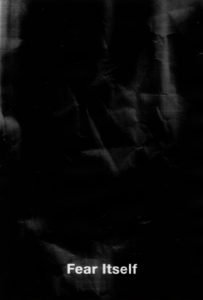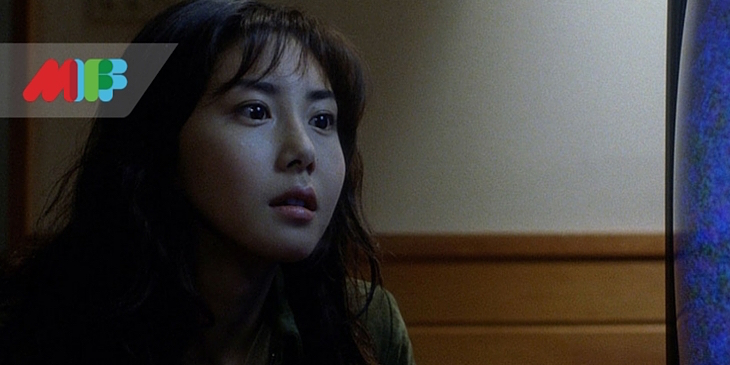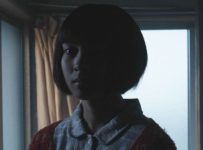 A visual essay examining the nature of fear also works as a potted history of horror cinema, but asks the audience to place themselves in the frame.
A visual essay examining the nature of fear also works as a potted history of horror cinema, but asks the audience to place themselves in the frame.
What are you afraid of? If it’s reading festival reviews online, then you’ve certainly just stepped knee-deep into your worst nightmares here. Horror films trade their stock on those previously untapped apprehensions, taking the viewer (or reader) directly into the mouth of madness. In FEAR ITSELF, originally screened as a BBC iPlayer documentary piece, journalist and filmmaker Charlie Lyne runs through almost a hundred examples of fear on screen in an attempt to document this intangible feeling.
Like Beyond Clueless, Lyne’s previous examination of teen movies, the filmmaker constructs his picture almost entirely from scenes of other movies. It’s not so much a documentary as it is a video essay, held together by the gentle narration of Amy E. Watson. Think of it as wandering through a virtual museum, where each of the pieces are thematically connected by a disembodied voice.
FEAR ITSELF is certainly not the first attempt to document horror cinema’s rich past, with BBC’s A History of Horror predating this, not to mention US-specific fare like Nightmares in Red, White and Blue. Lyne’s essay certainly covers the broadest range of horror in a single document to date, mixing more familiar fare like A Nightmare on Elm Street 4 (1988), Ringu (1988) and Suspiria (1977) with less-ubiquitous entries Post Tenebras Lux (2012), Kyôfu kikei ningen (1969), and Let’s Scare Jessica to Death (1971). Australia’s own Patrick (1978), itself the partial subject of the 2008 documentary Not Quite Hollywood, also gets a brief look-in.
The lyrical musing on the nature of horror, like the film itself, doesn’t appear to have any particular direction to it. As Watson’s voice contemplates aspects of fear, recounting a scripted “memory” of a similar incident from her past, Lyne’s editing intercuts her words with comparable visuals. Lyne and Watson are adding a new layer to the films they present, crafting their own uncomfortable story in the process. For example, Watson admits to not knowing what to do with herself “ever since the accident,” which of course raises its own questions. It’s through these asides the she suggests we need to go through fear in order to gain the relief at the end.
Early in the film, the narrator comments that she is starting to “feel used” by the conventions of horror movies. As FEAR ITSELF slowly meanders through a history of clips, her softly spoken over an atmospheric hum feels just as manipulative. Never changing tone between clips of Frankenstein (1931) or Martyrs (2008), the abstract approach ultimately robs the clips shown of any impact. If this is the point, to demonstrate that fear out of context are simply words and pictures on screen, then it still leaves us with the question we came in on.
FEAR ITSELF is playing at the Melbourne International Film Festival 28 July – 14 August 2016.
2015 | UK | DIR: Charlie Lyne | WRITER: Charlie Lyne | CAST: Amy E. Watson | RUNNING TIME: 88 minutes | RATING: ★★½




